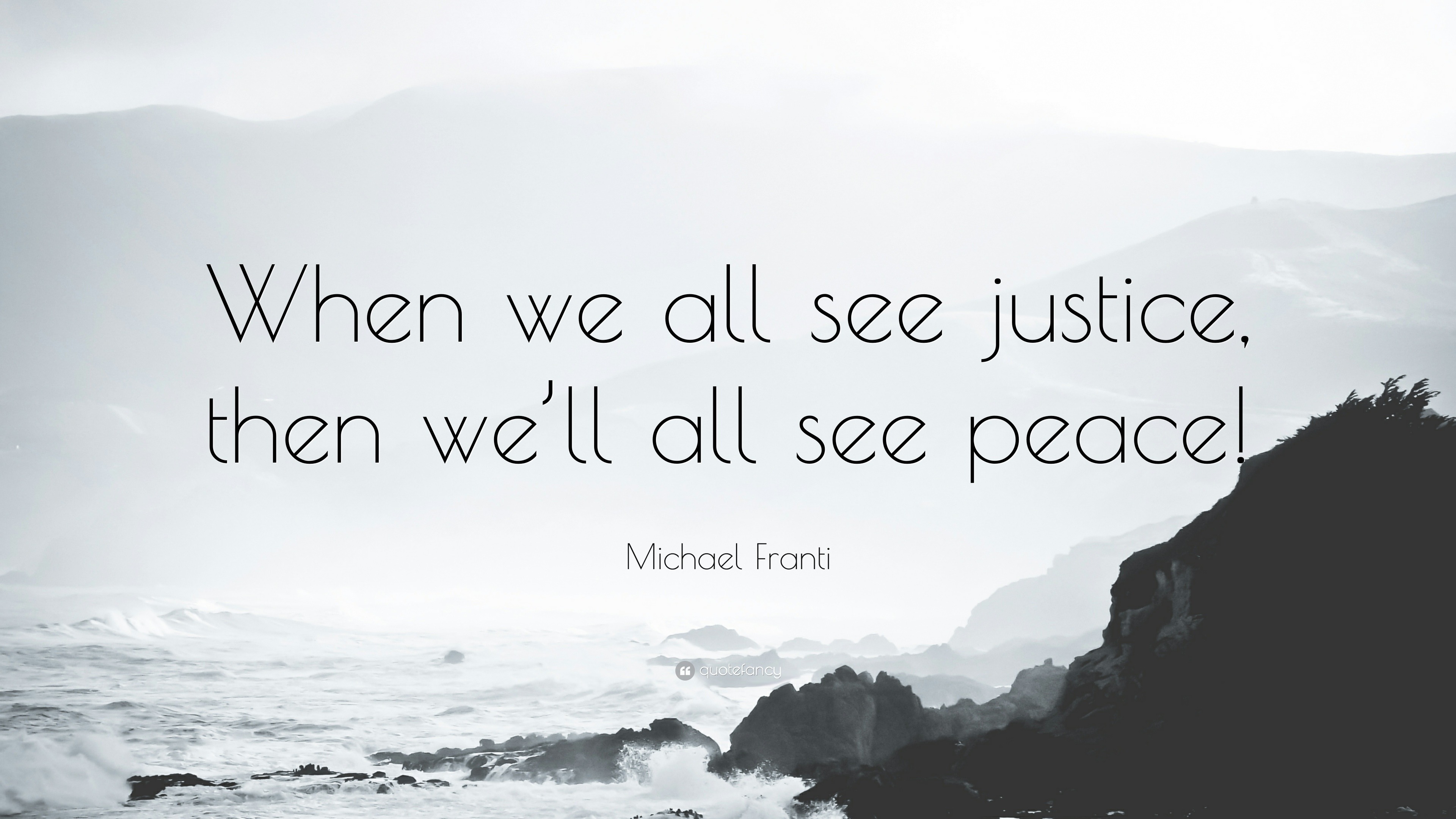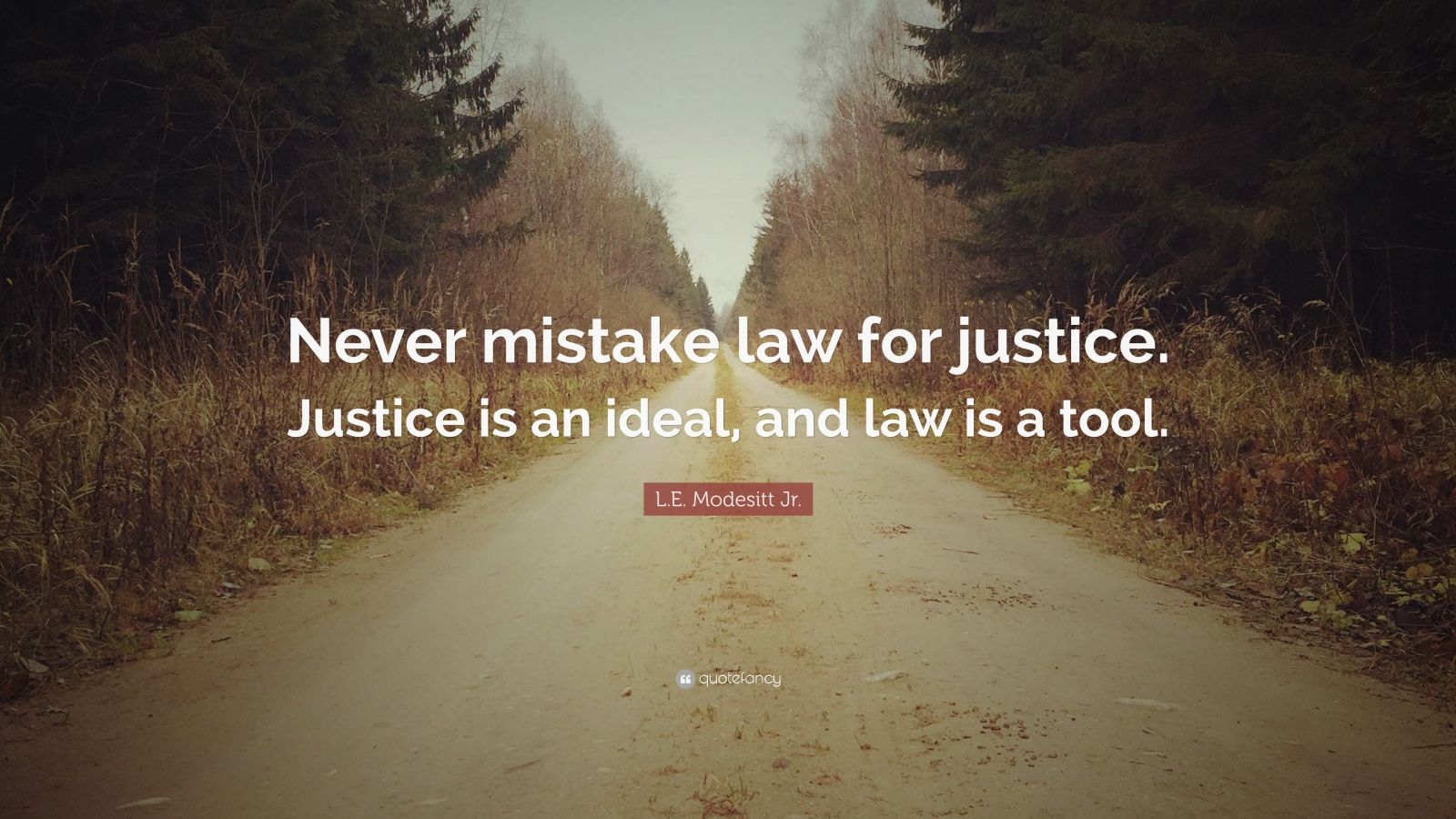Justice Is Coming Quote: Exploring Its Meaning, Impact, And Relevance
The phrase "justice is coming quote" has become a powerful symbol of accountability, truth, and the pursuit of fairness in society. It resonates deeply with people who seek justice and demand change in a world that often feels unjust. This quote has transcended its original context, becoming a rallying cry for those who fight for equality and righteousness. As we delve into its significance, we will explore its origins, applications, and the broader implications it carries in today's world.
In an era where social justice movements are at the forefront of global conversations, the "justice is coming" quote has gained immense popularity. It serves as both a warning and a promise, reminding us that fairness and accountability are inevitable. This article will examine why this phrase has become so impactful and how it continues to inspire individuals and communities worldwide.
Whether you're familiar with the quote or encountering it for the first time, this article aims to provide a comprehensive understanding of its meaning, context, and relevance. By the end, you'll have a deeper appreciation of why "justice is coming quote" continues to resonate with so many people across different cultures and backgrounds.
Read also:Galesburg Il Obituaries A Comprehensive Guide To Remembering Lives
Table of Contents
- Origins of the Justice Is Coming Quote
- Understanding the Meaning Behind Justice Is Coming
- Why Has the Justice Is Coming Quote Gained Popularity?
- Applications of the Justice Is Coming Quote
- Legal Implications of Justice Is Coming
- Social Justice and the Justice Is Coming Quote
- Famous Justice Is Coming Quotes
- Historical Context of Justice and Accountability
- Psychological Impact of the Justice Is Coming Message
- The Future of Justice and Accountability
Origins of the Justice Is Coming Quote
The "justice is coming" quote has its roots in various cultural and historical contexts. While it may seem like a modern saying, its essence can be traced back to ancient philosophies and religious teachings. Many cultures have long believed in the inevitability of justice, whether through divine intervention or human efforts. In recent years, the phrase has gained prominence due to its use in popular media, including movies, TV shows, and social media platforms.
Historical References to Justice
Throughout history, numerous figures and texts have emphasized the importance of justice. For instance:
- Philosophers like Aristotle and Plato discussed justice as a cornerstone of society.
- Religious texts, such as the Bible and Quran, frequently mention the concept of divine justice.
- Modern activists and leaders, including Martin Luther King Jr., have championed the cause of justice in their speeches and writings.
These historical references highlight the timeless nature of the "justice is coming" message, showing how it continues to inspire people across generations.
Understanding the Meaning Behind Justice Is Coming
At its core, the "justice is coming" quote represents the belief that fairness and accountability are inevitable. It conveys a sense of hope and determination, reminding individuals that wrongdoings will eventually be addressed. This message is particularly powerful in contexts where injustice seems pervasive, offering a glimmer of hope for those who feel powerless.
Key Themes in the Justice Is Coming Quote
Several themes underpin the meaning of this quote:
- Accountability: The idea that actions have consequences and that individuals must face the outcomes of their choices.
- Empowerment: The belief that people can actively work towards creating a more just society.
- Resilience: The understanding that justice may take time but is ultimately achievable with persistence and effort.
By examining these themes, we gain a deeper appreciation of why the "justice is coming" quote resonates so strongly with people today.
Read also:Maximize Your Online Income With Money6xcom The Ultimate Guide
Why Has the Justice Is Coming Quote Gained Popularity?
In recent years, the "justice is coming" quote has surged in popularity, largely due to its alignment with contemporary social justice movements. As people around the world grapple with issues such as inequality, systemic racism, and environmental degradation, the message of accountability and fairness offers a much-needed sense of hope and purpose.
Factors Contributing to Its Popularity
Several factors have contributed to the widespread adoption of the "justice is coming" quote:
- Social Media: Platforms like Twitter, Instagram, and TikTok have amplified the reach of this message, allowing it to spread rapidly across diverse audiences.
- Cultural Relevance: The quote aligns with current societal concerns, making it relatable and meaningful to many people.
- Inspirational Nature: Its uplifting tone and promise of accountability resonate with those seeking positive change.
These factors have propelled the "justice is coming" quote into mainstream consciousness, cementing its place as a symbol of hope and justice.
Applications of the Justice Is Coming Quote
The versatility of the "justice is coming" quote allows it to be applied in various contexts, from legal proceedings to social activism. Its adaptability ensures that it remains relevant across different fields and industries.
Legal Contexts
In legal settings, the "justice is coming" quote serves as a reminder that fairness and accountability are integral to the justice system. It underscores the importance of upholding the rule of law and ensuring that all individuals receive equal treatment under the law.
Social Activism
For social activists, the quote represents a call to action, encouraging individuals to stand up against injustice and advocate for change. It inspires people to take meaningful steps towards creating a more equitable society.
Legal Implications of Justice Is Coming
From a legal perspective, the "justice is coming" quote highlights the importance of accountability and fairness in the justice system. It emphasizes the need for transparency, impartiality, and adherence to legal principles. While the phrase itself is not legally binding, it serves as a powerful reminder of the values that underpin the legal profession.
Challenges in Achieving Justice
Despite the promise of "justice is coming," several challenges hinder the realization of true fairness in society:
- Systemic Inequalities: Deep-rooted biases and discrimination can obstruct access to justice for marginalized communities.
- Resource Disparities: Unequal distribution of resources can limit individuals' ability to seek legal recourse.
- Political Influence: External pressures can compromise the independence and integrity of the justice system.
Addressing these challenges requires a concerted effort from all stakeholders, including lawmakers, legal professionals, and the general public.
Social Justice and the Justice Is Coming Quote
The "justice is coming" quote has become a rallying cry for social justice movements worldwide. It encapsulates the aspirations of those fighting for equality, human rights, and systemic change. By adopting this message, activists emphasize the importance of holding individuals and institutions accountable for their actions.
Examples of Social Justice Movements
Several prominent social justice movements have embraced the "justice is coming" quote:
- Black Lives Matter: Advocates for racial equality and an end to police brutality.
- #MeToo: Raises awareness about sexual harassment and assault, demanding accountability for perpetrators.
- Climate Justice: Calls for action to address environmental degradation and its disproportionate impact on vulnerable populations.
These movements demonstrate the transformative potential of the "justice is coming" message in driving positive social change.
Famous Justice Is Coming Quotes
Throughout history, numerous individuals have articulated the essence of the "justice is coming" quote in their own words. Their statements reflect the universal desire for fairness and accountability:
- Martin Luther King Jr.: "The arc of the moral universe is long, but it bends toward justice."
- Rosa Parks: "I would like to be remembered as a person who wanted to be free... so other people would be also free."
- Nelson Mandela: "It always seems impossible until it is done."
These quotes underscore the enduring relevance of the "justice is coming" message, showing how it continues to inspire generations of activists and leaders.
Historical Context of Justice and Accountability
To fully understand the significance of the "justice is coming" quote, it is essential to examine its historical context. Throughout history, societies have grappled with questions of fairness, accountability, and justice, leading to the development of various systems and institutions aimed at addressing these concerns.
Milestones in the Pursuit of Justice
Several key milestones have shaped the evolution of justice and accountability:
- The Magna Carta (1215): Established the principle that everyone, including the king, is subject to the law.
- The Universal Declaration of Human Rights (1948): Outlined fundamental human rights and freedoms.
- Civil Rights Movement (1950s-1960s): Fought for racial equality and an end to segregation in the United States.
These milestones demonstrate the ongoing struggle for justice and the progress that has been achieved over time.
Psychological Impact of the Justice Is Coming Message
From a psychological perspective, the "justice is coming" quote taps into fundamental human desires for fairness, accountability, and closure. It offers a sense of hope and empowerment, motivating individuals to take action and work towards positive change.
Emotional Responses to Justice
The message of "justice is coming" elicits a range of emotional responses:
- Hope: The belief that fairness and accountability are achievable.
- Empowerment: The motivation to contribute to the pursuit of justice.
- Resilience: The ability to persevere in the face of adversity, knowing that justice will ultimately prevail.
These emotional responses highlight the psychological impact of the "justice is coming" message, showing how it can inspire individuals to take meaningful action.
The Future of Justice and Accountability
As society continues to evolve, the pursuit of justice and accountability remains a central concern. Emerging technologies, shifting societal values, and global challenges will shape the future of these efforts, offering both opportunities and challenges.
Key Trends in the Pursuit of Justice
Several trends are likely to influence the future of justice and accountability:
- Technological Advancements: Innovations in data analytics, artificial intelligence, and blockchain technology may enhance transparency and accountability in various fields.
- Global Collaboration: Increased interconnectedness will facilitate international cooperation in addressing shared challenges, such as climate change and human rights violations.
- Citizen Engagement: Greater public participation in decision-making processes will empower individuals to contribute to the pursuit of justice.
By embracing these trends, society can continue to advance the cause of justice and accountability, ensuring that the "justice is coming" message remains relevant for generations to come.
Conclusion
In conclusion, the "justice is coming" quote has become a powerful symbol of hope, accountability, and resilience in today's world. Its origins, meaning, and applications demonstrate its enduring relevance across various contexts, from legal proceedings to social activism. By examining its historical roots, psychological impact, and future implications, we gain a deeper understanding of why this message continues to resonate with people worldwide.
We invite you to join the conversation by sharing your thoughts and experiences in the comments below. Together, we can work towards creating a more just and equitable society, ensuring that the promise of "justice is coming" becomes a reality for all. Don't forget to explore our other articles for more insights into social justice, accountability, and related topics.


